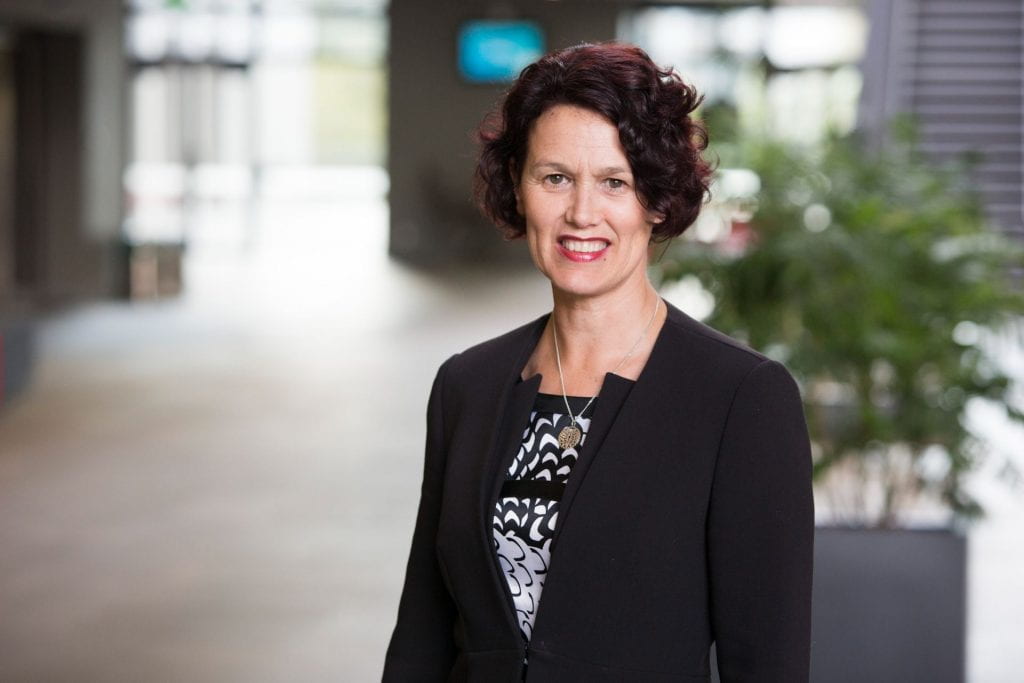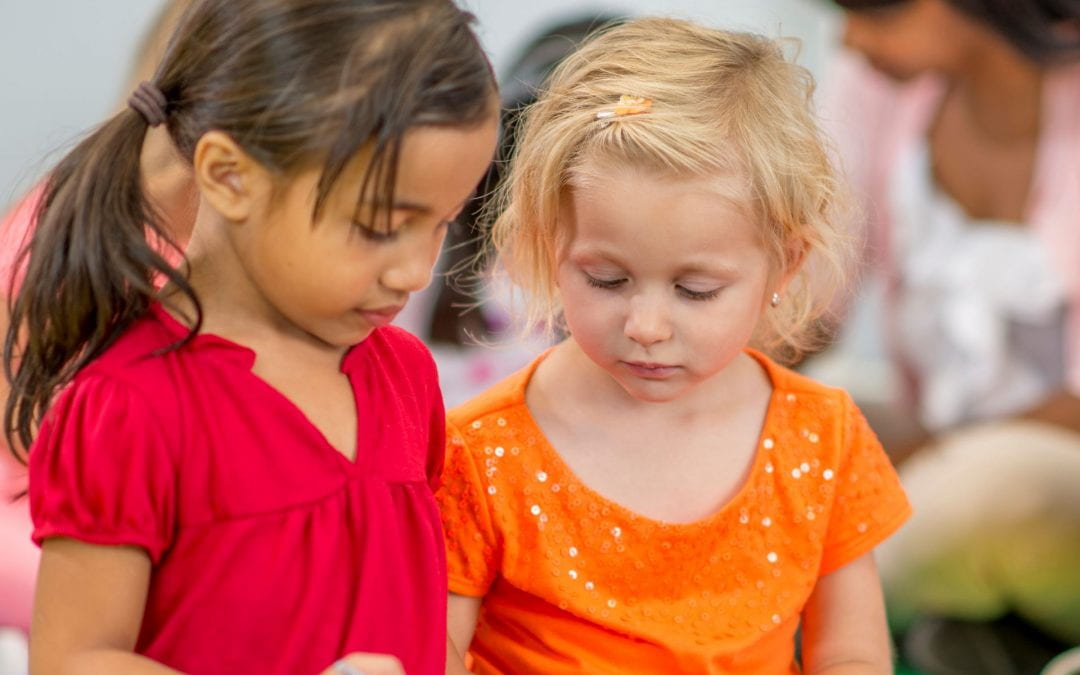Professor Gillon, Deputy director of the Better Start National Science Challenge and Director of the Child Wellbeing Research Institute at the University of Canterbury, was invited to attend the launch of the Ministry of Education’s Literacy & Communication and Maths Strategy in Wellington last week.
Here, she comments on the literacy & communications strategy and how it aligns with the Better Start Literacy Approach – a literacy programme which originated within A Better Start National Science Challenge and is now funded by the Ministry of Education for a national rollout of professional learning and development to new entrant and year 1 teachers.
The new Literacy & Communication Strategy, announced by the Government last week, is a bold and important strategy.
It recognises the need for a transformation of education across the sector from early childhood to secondary education. This strategy, really for the first time, acknowledges the challenges we need to overcome.
Importantly, it sets out a framework for enhancements to current quality teaching practices at multiple levels – including teacher education, assessment practices, whānau engagement, professional learning and development, and research-informed teaching practices – to reduce the persistent education inequities evident in Aotearoa New Zealand.
As a researcher in children’s speech, language and early literacy development, I’m thrilled to see the emphasis on children’s communication skills alongside literacy.
I’m also excited to see the emphasis on authentically weaving Mātauranga Māori and te reo Māori into English medium teaching.
The strategy recognises that developing children’s oral and written language in ways that uphold children’s cultural identity is critically important to children’s educational success and overall healthy wellbeing. It recognises the importance of building strong oral language and early literacy foundational skills for later education success.
Early literacy achievement is a powerful protective factor – helping to support children’s engagement in learning and helping to build a positive learning cycle.
More than that, early literacy achievement lays the foundation for a child’s future educational, health and social wellbeing outcomes. It can have a wide-reaching positive impact throughout a child’s later life – helping them to achieve successful employment and navigate an increasingly complex digital world, including accessing modern digital-based healthcare. On a wider scale, it helps establish successful literacy across generations and contributes to growing the knowledge industry in New Zealand.
With the Literacy & Communication Strategy, I’m also impressed with the plan for a common practice model that is based on robust research evidence. We have known for many years – from controlled intervention studies – what the most effective methods are to develop children’s oral language and literacy skills. Yet the transference of knowledge from science to practice in ways that ensure all children have access to quality research informed teaching practices is not always evident.
Having a common practice model approach, as outlined in the strategy, will potentially address this need. However, the model must be based not only on international research findings but quality research relevant to our New Zealand educational and health contexts – research that has been co-constructed with our Kaiako, whānau and our communities; research with proven effectiveness for our Māori and Pasifika learners and for children with higher learning needs or complex communication challenges.
Investment in science implementation research will be critical to support this strategy.
A Better Start E Tipu e Rea National Science Challenge is an excellent example of how well designed, longterm research strategies can have a significant positive impact on our communities.
The Better Start Literacy Approach, which is being funded by the Ministry of Education for a national rollout of professional learning and development to new entrant and year 1 teachers, is a great example of research to practice that originated within the National Science Challenge.
Professor Brigid McNeill (School of Teacher Education at the University of Canterbury) and I co-developed the BSLA with a team of talented researchers as part of the Successful Learning theme within the Better Start National Science Challenge. It was developed as a 5-year programme of research with the aim of accelerating early literacy and oral language skills for children entering our schools with lower levels of oral language.
The teaching content was based on years of our research into children’s phonological awareness and oral language development as well as international research findings. The success of this approach which has been informed by teachers, whānau and communities, has led to the national roll out of the Better Start Literacy Approach into new entrant and year 1 classes in over 630 schools across New Zealand. The ongoing monitoring data collected as well as teacher and whānau stories are highlighting the significant benefits of the approach on children’s early reading, writing and oral language success.
It is this type of investment in longer term quality educational research, with an aim of positively impacting our communities, that will support this new literacy and communication strategy.
The Literacy & Communication strategy holds much promise. It must be well funded so that teachers, early childhood centres and schools have access to the necessary resources and supports to ensure the strategy can be well designed and successfully implemented.

Professor Gail Gillon, deputy director of A Better Start National Science Challenge and co-lead of the Better Start Literacy approach
About the Better Start Literacy Approach
The Better Start Literacy Approach was piloted in Christchurch school communities that had been severely impacted by the devastating Christchurch earthquakes. The first children in the trials were born in the year or following year of the earthquakes and had their early childhood learning experiences significantly disrupted.
The approach was developed through an iterative process where feedback from kaiako whānau and the children themselves really informed the teaching implementation, resources and delivery model.
The research results proved that the BSLA was more effective compared to other literacy approaches being used in accelerating children’s oral language and early reading and writing skills. Further research trials were implemented in Auckland and Christchurch schools with replication of strong positive outcomes.
This research informed the current BSLA model, which more than 10,000 new entrant and year 1 children are now engaged in throughout the country. Importantly, the novel online assessment tasks (game-like activities) that children undertake through their first year at school provide teachers with objective evidence to support their teaching observations as to which children are responding well to the approach, which children need more support, and in which areas this support needs to be directed.
The data is proving the BSLA is an effective method for early literacy and oral language development and ongoing research and reporting of this data is underway.
- More details about the Better Start Literacy Approach can be found here

